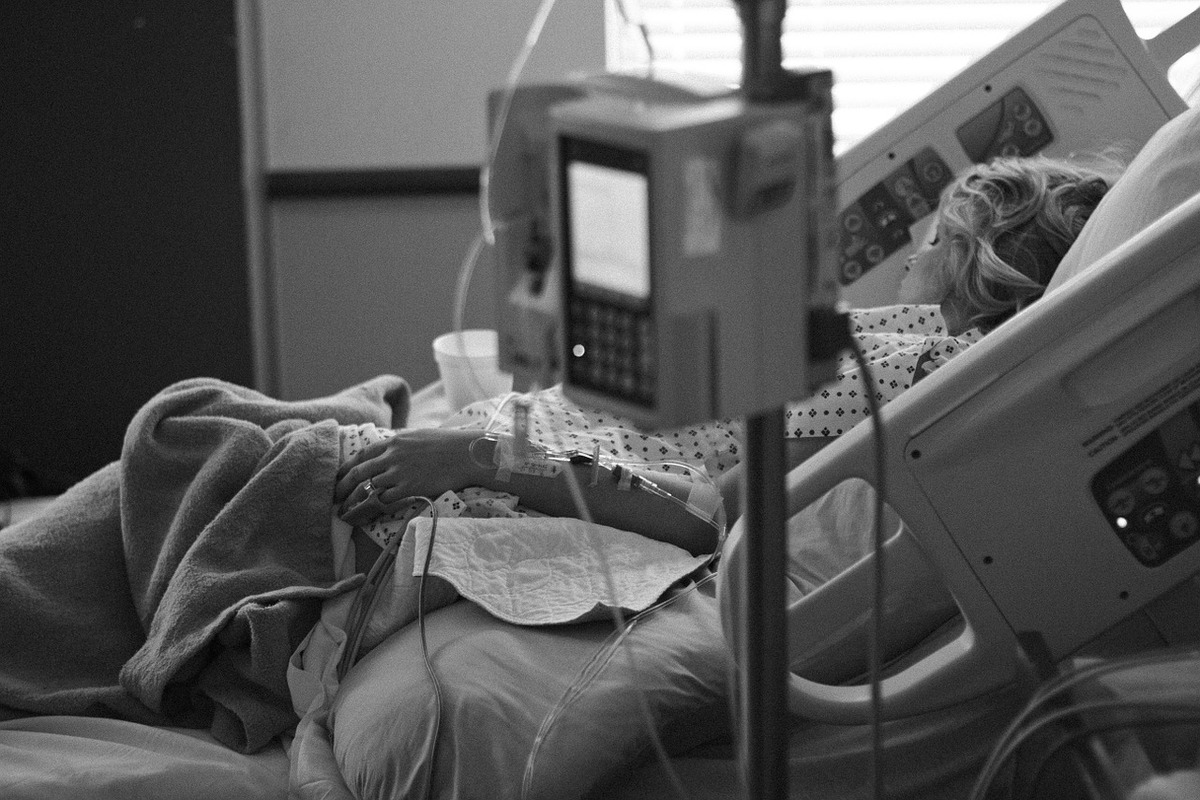Dunstan Hospital: 'Remain vigilant at Level 3'
Rowan Schindler
02 May 2020, 5:12 PM
 The move to Level 3, whilst very welcome, doesn’t mean we can let down our guard, according to a Infection Control Nurse.
The move to Level 3, whilst very welcome, doesn’t mean we can let down our guard, according to a Infection Control Nurse. Do you appreciate the work we do in keeping you informed and up to date? Then please consider becoming a supporter of The Central App.
The move to Level 3, whilst very welcome, doesn’t mean we can let down our guard, according to a local medical professional.
Central Otago Health Services Ltd and Dunstan Hospital Infection Control Nurse Jill Hansen said we must all remain vigilant in the continuing fight against COVID-19.
“Robust infection prevention and control processes remain essential. The basic message remains the same: good hand washing techniques, and for our clinical staff the appropriate use of Protective Equipment when caring for patients who meet the relevant criteria.”
Jill Hansen has been with Central Otago Health Services Ltd for many years, providing advice and guidance on infection control procedures.
She has continued the strong focus on patient and staff safety.
During the COVID-19 pandemic, as with our regular annual preparations for the flu season, Jill is a critical part of the team ensuring staff have extra training sessions for interacting with any patients with an infectious disease.
“Continuous, ongoing education for all staff is important and includes how to apply protective equipment (“donning and doffing” as it is referred to) and ensuring robust cleaning procedures are in place,” Jill said.
The message for staff has been the same as for the public, and it remains the same at Level 3 as at Level 4.
Good hand hygiene, preferably with soap and water as the most effective preventative measure; cough and sneeze etiquette into the crook of your elbow; social distancing where able in the workplace; and remaining within your Level Three slightly extended bubble at home.
It is important that we don’t relax these principles: none of us wants to have to return to Level 4.
“There have been many changes in my role since we activated COHSL’s Emergency Operations Centre in response to COVID-19,” Jill said.
“These have included re-checking our patient management respiratory support and treatment protocols within our negative pressure isolation rooms, and ensuring that all our clinical staff were actively screening all admissions and following good practice in adherence to the Ministry of Health’s guidelines.”
“With a robust Isolation policy and guidelines in place, alongside good staff adherence, patients in isolation present a low risk of transmission.
“In addition, staff perform extra checks and precautions before they leave work and when they arrive home. This all helps to keep them safe in their home bubbles. This will continue at Level 3”
Jill has been on hand to answer any questions from staff and allay any concerns. Ensuring that factual evidence and best practice guidelines supporting practice is available for staff has been essential during this period.
“All our staff are doing a fabulous job to ensure we all get through this,” Jill said.

